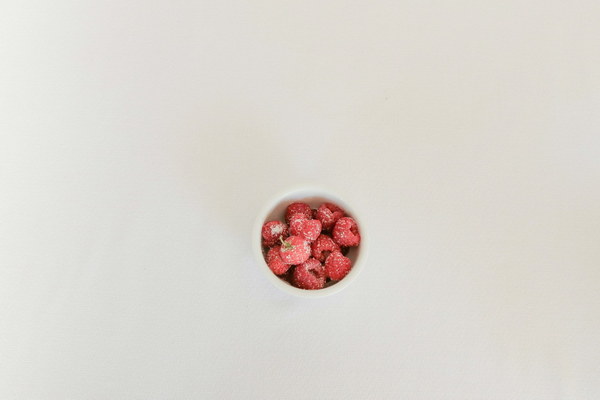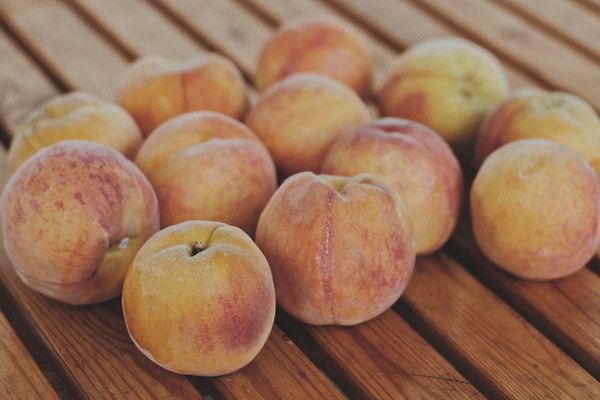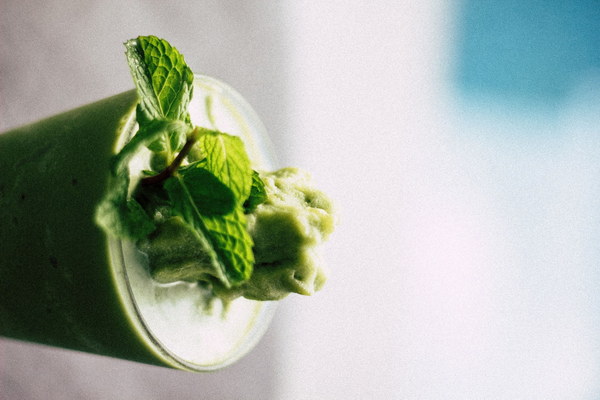Heart Stent Diet What to Eat for a Healthy Recovery
Introduction:
Recovering from heart stent surgery requires a balanced diet that supports heart health and promotes healing. A heart stent is a small tube that is placed in a narrowed artery to improve blood flow. To aid in your recovery, it's important to focus on certain foods that can help reduce inflammation, lower cholesterol, and improve overall cardiovascular health. Below, we explore the best foods to include in your heart stent diet.
1. Omega-3 Fatty Acids
Omega-3 fatty acids are well-known for their heart-healthy benefits. Foods rich in omega-3s include fatty fish such as salmon, mackerel, and sardines. These fish can be consumed either fresh, canned, or as fish oil supplements. Omega-3s help reduce inflammation and improve the flexibility of arteries, which is crucial after a heart stent procedure.
2. Fruits and Vegetables
A diet high in fruits and vegetables is essential for heart health. These foods are packed with antioxidants that can help reduce the risk of further cardiovascular problems. Aim to incorporate a variety of colors into your meals, such as berries, leafy greens, tomatoes, and bell peppers. Try to consume at least five servings of fruits and vegetables daily.
3. Whole Grains
Whole grains, such as oatmeal, brown rice, quinoa, and whole-wheat bread, are rich in fiber, which can help lower cholesterol levels. Fiber also aids in digestion and can help you feel fuller for longer. Incorporating whole grains into your meals can contribute to a heart-healthy diet.
4. Nuts and Seeds
Nuts and seeds are great sources of healthy fats, protein, and fiber. Almonds, walnuts, flaxseeds, and chia seeds are particularly beneficial. These can be added to salads, oatmeal, or yogurt. However, it's important to consume them in moderation, as they are calorie-dense.
5. Lean Proteins
Protein is essential for tissue repair and healing. Opt for lean protein sources such as chicken, turkey, lean beef, and plant-based options like tofu, tempeh, and legumes. These proteins are lower in saturated fats and can help support your recovery.
6. Healthy Fats

Healthy fats, like those found in olive oil, avocados, and nuts, are important for heart health. Replace saturated and trans fats with these healthier options. For example, use olive oil for cooking and salad dressings, and choose avocados instead of butter or mayonnaise.
7. Herbs and Spices
Instead of relying on salt for flavor, use herbs and spices to add taste to your meals. Garlic, turmeric, cinnamon, and basil are just a few examples of heart-healthy spices that can help reduce inflammation and improve heart health.
8. Water and Hydration
Proper hydration is essential for overall health and can aid in recovery. Drink plenty of water throughout the day to support kidney function, which is important after a heart stent procedure.
Conclusion:
A heart stent diet should focus on a balanced intake of nutrients that promote heart health and healing. By incorporating omega-3 fatty acids, fruits and vegetables, whole grains, nuts and seeds, lean proteins, healthy fats, herbs, and spices into your meals, you can support your recovery and reduce the risk of future cardiovascular issues. Remember to consult with your healthcare provider before making significant changes to your diet, especially if you have any specific dietary restrictions or health conditions.

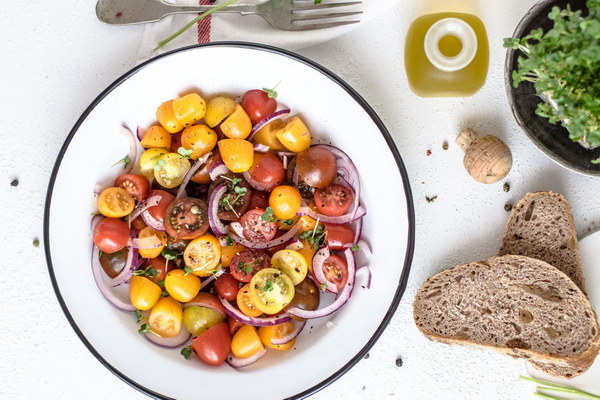
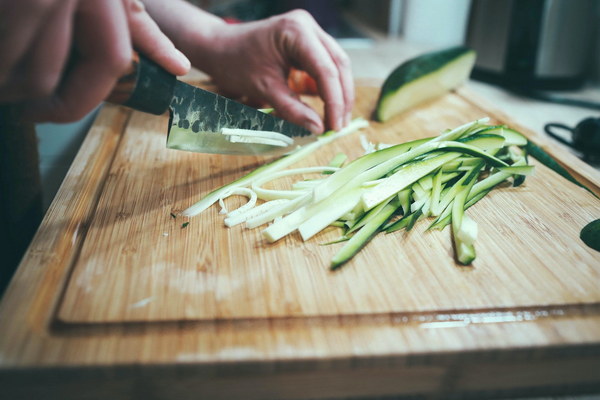
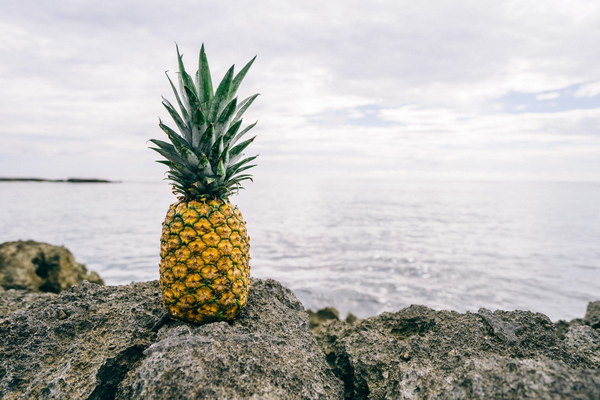
![Spice Up Your Relaxation Discover the Spicy Elegance of Shengzhou Milan Foot Bath at [Phone Number]](http://img.bluepurple.cn/a/养生/282/Spice-Up-Your-Relaxation-Discover-the-Spicy-Elegance-of-Shengzhou-Milan-Foot-Bath-at-Phone-Number.jpg)
